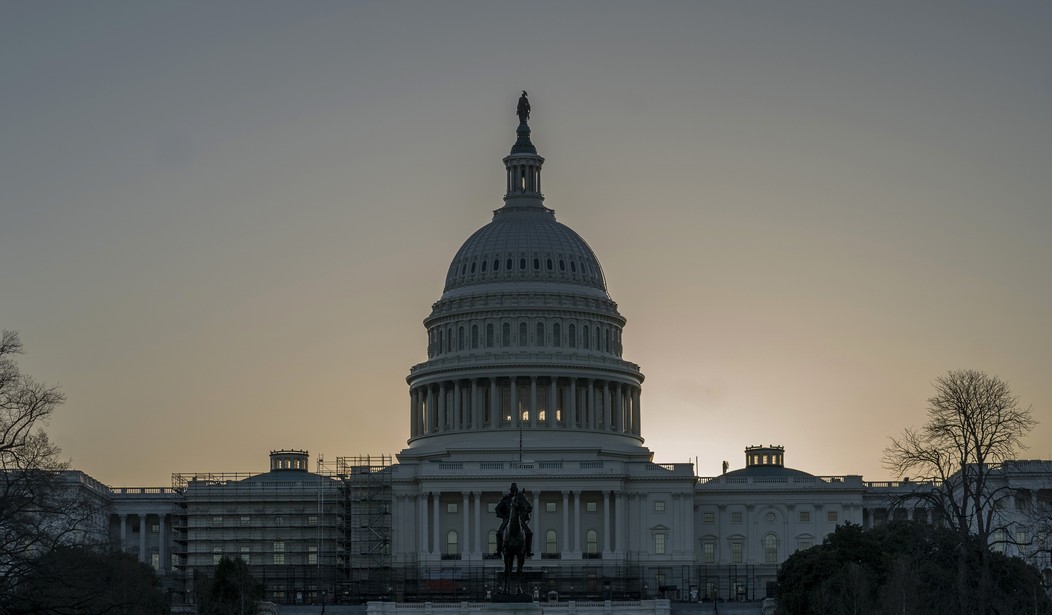Having grown up in a Washington, DC, suburb, I have seen many political protests, witnessed firsthand the battles between political parties, and have found myself stuck in traffic when the U.S. president’s motorcade drives through town.
It’s no joke that gridlock exists in our nation’s capital on many levels.
But I found a new optimism when I saw both Democrats and Republicans unite in their support of crucial online child protection bills over the last year, and during the January 31 Senate hearing when they grilled five tech CEOs from Meta (parent company of Facebook and Instagram), X (formerly Twitter), Discord, TikTok, and Snap over how their products and platforms are harming children.
Sen. Sheldon Whitehouse (D-R.I.) told the five CEOs, “Collectively, your platforms really suck at policing themselves." Sen. Lindsey Graham (R-S.C.) said to Meta CEO Mark Zuckerberg, “You have blood on your hands.”
Online child safety is a unifying issue because the problems affect everyone, no matter the political party.
Since the January 31 hearing, bills like the Kids Online Safety Act have found major support from both parties in the U.S. Senate, and even from Senate Majority Leader Chuck Schumer. A companion version was introduced into the U.S. House, and even voted out of a House committee, making the Kids Online Safety Act poised to be the first online child protection bill passed in Congress in decades.
But so far, neither the Senate nor the House have voted on the Kids Online Safety Act, which is designed to hold social media companies and other digital platforms accountable for protecting children online and requires stringent safety and privacy settings to be on by default.
Recommended
They also have not voted on other crucial child protection bills like the Children and Teens Online Privacy Protection Act 2.0, the EARN IT Act, and the Kids Off Social Media Act.
Our children face an online world that is primarily designed for adults, with little to no protections for them. They are up against powerful algorithms that feed harmful content to them. They can interact with adults who may turn out to be predators and fall victim to sextortion schemes. They can access sexually explicit and graphically violent content with a click of a button.
In a New York Times op-ed, the U.S. Surgeon General Vivek Murthy called for warning labels to be added to social media platforms, saying that the “mental health crisis among young people is an emergency — and social media has emerged as an important contributor.”
“These harms [from social media] are not a failure of willpower and parenting; they are the consequence of unleashing powerful technology without adequate safety measures, transparency or accountability,” he wrote.
It is certainly true that social media isn’t getting any “safer” for children – there are great risks to our youth that come with social media usage.
Murthy’s warning label idea may or may not stop teens from using social media platforms, but it will hopefully raise awareness around the significant threat social media poses to youth mental health, and will encourage more parents to look closely at what their children are doing online. When the Surgeon General’s warning was added to tobacco products in 1965, it did have a real and lasting impact on awareness around the significant health risks associated with smoking and tobacco use.
But even the “warning labels” idea must be taken up by Congress.
Tech platforms aren’t racing to fix these problems, leaving families left to deal with the consequences. Tech lobbying groups rush to oppose these child protection bills and have sued to prevent laws like California’s Age-Appropriate Design Code Act from taking effect.
Our children are being harmed by a tech industry that does not prioritize child safety.
The buck stops with Congress. There is simply no excuse for Congress not to ensure our children are better protected online.
Melissa Henson is the vice president of the Parents Television and Media Council, a nonpartisan education organization advocating responsible entertainment. On X: @ThePTC

























Join the conversation as a VIP Member